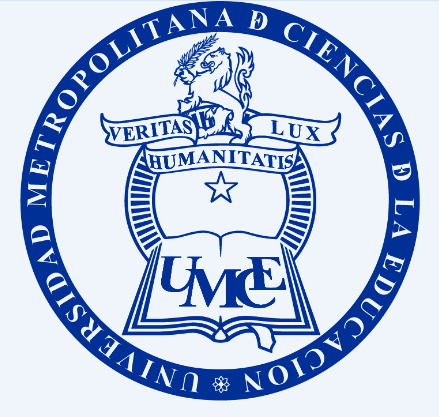Main Article Content
Jun 16, 2023
Abstract
Current educational scenarios demand for an urgent and necessary examination of the effectiveness of teacher training processes. Specifically, the aim is to detect weaknesses and strengths, as well as levels of satisfaction of newly certified teachers and the actors involved: principáis, employers, pupils, parents and guardians. In agreement with gradúate profiles and the needs of accreditation processes, constant curriculum design improvements for teacher training require mechanisms of quality control which should allow for feedback of pedagogical knowledge from practice. This should assure the quality and pertinence of training processes, greater ties with school reality and, at the same time, a contribution to offers of in-service training within the context of continuous education.
The introduction of an Integral Monitoring and Performance Assessment System (IMPAS) will allow for a flexible, dynamic and contextualized assessment system which will enable the control of initial teacher training quality provided by a network of institutions from feedback from practice results to curriculum design in the areas involved, providing similarly continuous education with greater relevance.
References
MINEDUC. (2005). Informe comisión sobre formación inicial docente. Serie Bicentenario. Ed. Nuestra Riqueza. Santiago de Chile.
OCDE . (2004). Revisión de políticas nacionales de educación. Chile. OCDE y Ministerio de Educación. Santiago de Chile.




